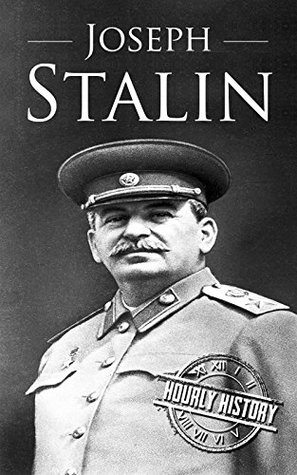More on this book
Community
Kindle Notes & Highlights
Read between
June 5 - June 6, 2023
“It’s not the people who vote that count. It’s the people who count the votes.” —Joseph Stalin
“The death of one man is tragic, but the death of thousands is a statistic.” —Joseph Stalin
Resulting from Hitler bullying his way into Czechoslovakia under the absurd claim that he was protecting “German speakers” who lived in the countryside of the nation’s southern border, the Munich Agreement was an appeasement to Hitler that allowed him to annex vast tracts of Czechoslovakia, which he renamed the “Sudetenland,” into his German regime.
These efforts would eventually materialize into the infamous “Molotov-Ribbentrop Pact” of 1939. This pact, signed by the two countries’ foreign ministers, would lock the pair of nations into a neutral non-aggression pact. On the surface, this document was just a simple statement of professed neutrality, but delve deeper into the treaty, and you find the secret provisions that guaranteed whole-scale division of Eastern Europe into Soviet and German domains of influence.
Interestingly enough, even though the British and French didn’t hesitate to declare war on Nazi Germany, they never declared war on the Russians, even though their initial invasion and occupation of Eastern Poland were just as brutal as the Nazi invasions of Western Poland.
Most analysts would argue that this was sheer pragmatism on the part of these Western countries since they sensed that having to fight off both the German war machine and an endless flow of Soviet troops would have been impossible. Perhaps this was what Hitler had hoped for when the non-aggression pact with Stalin had been connived in the first place.
“In war I would deal with the Devil and his grandmother.” —Joseph Stalin
When Hitler managed to conquer France in just a few weeks without expending hardly any resources at all, Stalin began to have second thoughts about his grand scheme. According to the man who would one day succeed him, Nikita Khrushchev recalled just how downcast and agitated Stalin had become when he first heard of Germany’s surprising victories in the field. According to Khrushchev, Stalin, in one of his particularly disgusted moods, had “cursed the French for letting themselves be beaten” and claimed that the British were “fleeing as fast as their legs could carry them.”
“Great Britain provided time; the United States provided money, and Soviet Russia provided blood.” —Joseph Stalin
“We don’t let them have ideas. Why would we let them have guns?” —Joseph Stalin
Although Stalin’s intelligence officers immediately informed him of the suicide, Stalin would continuously insinuate over the next few years that Hitler had most likely escaped and was still alive somewhere. Many believe that Stalin was using this disinformation as a propaganda tool against Britain and the United States. Stalin believed that if he could keep his Western rivals focused on the ghost of Hitler long enough, he could keep them from paying too much attention to his own dealings.


